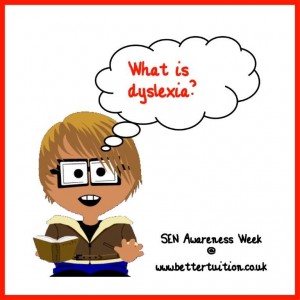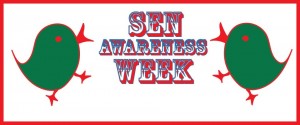Dyslexia is a disability, a disadvantage and a demonstrable benefit, a condition with many advantages as well as drawbacks. The most common learning difficulty, dyslexia mainly affects one’s ability to read and/ or spell. The happy side effect of dyslexia is that dyslexics are often more creative, inventive and entrepreneurial than their counterparts.
Dyslexia is a continuum and can range from mild and barely noticeable difficulties with reading and/ or writing (often undiagnosed) to almost complete inability to read or write. It is not an umbrella term for all learning difficulties relating to literacy, but it certainly affects people in many different ways.
Key indicators of dyslexia
Whilst it’s important to remember that dyslexia cannot be diagnosed by observation alone, it’s useful to be aware of the key indicators of dyslexia, since it affects one in ten people. The following are key indicators:
A family history of dyslexia/reading difficulties or spelling difficulties.
Later than expected speech development.
Learning to walk without first crawling.
Difficulty in learning to button up clothing or put shoes on correct feet.
May enjoy stories but lacks interest in letters and printed words.
Seems not to listen in class.
Excessive clumsiness.
In games, poor ball control and lack of coordination.
Difficulty with reading and spelling.
Puts letters and figures (e.g. ‘s’ or ‘9’) the wrong way round.
Reads or spells letters in words in the wrong order.
Has problems understanding what s/he has read.
Seems intelligent but written work is poor.
Appears bright but cannot get their thoughts down on paper.
Slow written work; difficulty in copying from the board.
Difficulty in following instructions when more than one or two given at the same time (e.g. “Put down your pen, go to the back of the classroom and fetch your reading book”).
Often excellent speakers and very creative.
Dislike of reading – sometimes using avoidance techniques.
Left/ right confusion.
Lacks confidence.
Disorganised.
Tired out by school to the point of exhaustion.
If you think you or your child might be dyslexic, don’t panic: there is lots of help available, which I will cover in a near-future post. Bear in mind that there are benefits to dyslexia and that your child may have any combination of the above symptoms without being dyslexic.
At Better Tuition, our qualified teachers can help your child (with or without Dyslexia) learn, succeed and achieve their educational goals. Call Paul or Christine on 0161 748 3912 to book your FREE assessment in our Urmston tuition centre.



